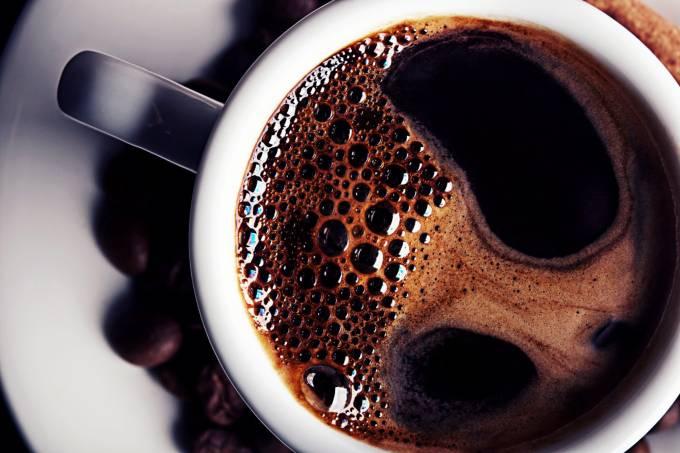The dollar rally ended up offsetting the losses on ICE US, resulting in a flatter behavior of the price curve in the domestic physical market. It is good to remember that the US currency had a sequence of highs, starting from BRL 4.89 on June 25 to close this Wednesday at BRL 5.24, so sustaining gains of more than 7% in a short period.
Fine cup, which had a very volatile month of June due to the threat of frost in Brazil, ended up finding support, besides the dollar, also in its demand. The difficulty with mild cups, due to rust and logistical problems with the crisis in Colombia, shifted demand towards cherry (semi-washed) and finest cups in Brazil. This gave rise to a significant appreciation of these descriptions. Fine cup from Cerrado de Minas is pegged at BRL 870 per 60-kg bag. Albeit below the bullish peak in early June, when it exchanged hands at BRL 900, it remains valued and within a favorable area for sellers. Compared to the same period last year, fine cup supports a nominal gain of 67%.
Good cup from southern Minas Gerais shows a timid realignment, trading at BRL 825 a bag in southern Minas Gerais and Mogiana. The market deviates a little from the highs but remains in a very positive region for sellers. Well-capitalized, growers are managing sales. This strategic stance and a smaller crop, due to production losses, help reduce the seasonal pressure, smoothing the negative slope of prices, which is typical at the crop arrival.
Weaker cups of arabica gained relative value against the best cups. Rio coffee with 20% of defects in the region of Matas de Minas is around BRL 640 per bag, finding support in the fears of supply. Dry climate, which has prevailed at the current harvest, reduces the supply of weaker cups, which intensifies the dispute between exporters and the domestic industry, especially because of the greater local demand to reduce costs, since the group 1 coffees are highly valued in local currency.
Conillon type 7/8 in Colatina in Espírito Santo has started to skyrocket again and is trading at BRL 510 a bag, finding support in the very aggressive domestic demand. Highlight on purchases from roasters, who are using more conillon in their blends. The fact is that, even with the rise in prices, conillon remains attractive to the domestic industry, as an alternative to reduce costs. Arabica is still very expensive, which guarantees not only demand but also support to conillon prices.

